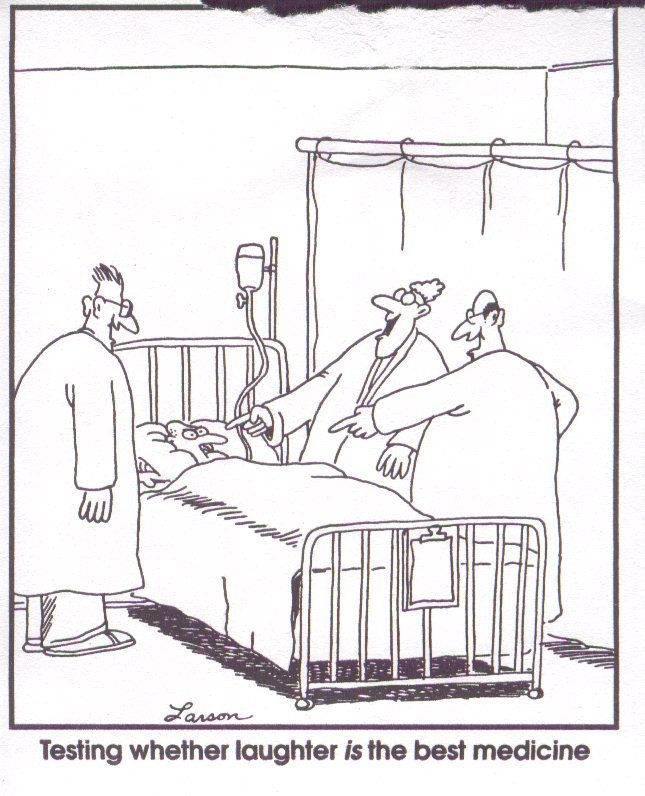
Posted on 06/03/2019 1:37:09 PM PDT by BenLurkin
60-year-old had suffered an ascending aortic dissection, a potentially fatal rupture in the inner wall of the major artery that pumps blood away from the heart to the rest of the body. As a result, he quickly needed surgery to repair the tear. But the man’s underlying lung problems, particularly his chronic obstructive pulmonary disease (COPD), would complicate the procedure in an unexpected way.
In order to reach his heart, the doctors had to crack open his sternum—the bone smack in the middle of our chest. But the man’s right lung was stuck to the sternum, with bits of damaged lung tissue called bullae being the main problem. Bullae are blisters filled with air that often form in people with COPD. And as the doctors tried to carefully pull off the right lung from the sternum, they punctured one of these bullae, causing a major air leak. To make sure the patient wouldn’t go into respiratory distress (a condition where the lungs fill up with fluid, effectively drowning you), more anesthesia was pumped into the patient and the flow of air he was receiving via a ventilator was changed to 100 percent oxygen.
Part of the surgery required the use of an electrocautery, a device that uses heat to burn away or cut through tissue. There was also a dry surgical pack near the man’s chest cavity, a bundle used to carry sterilized surgical instruments. Soon after the man’s air was changed, a spark from the device landed on the dry pack and—thanks to the very oxygen-rich air around the man’s chest—created the flash fire.
(Excerpt) Read more at gizmodo.com ...
There’s gotta be an image to go with this scenario but I’ll be damned if I know what it is :)
Oxygen and sparks don’t mix. I thought this was learned in 1967 in Apollo 1.
Don’t they teach this common knowledge to surgeons, anesthesiologists, and nurses?
Doctor to patient after the surgery, “You like barbecues, Bob?”

What's that religious symbol that looks like a heart on fire?

:)
Semi-related ...
We all know oxygen is part of most combustion process.
So the question came up? If a space walking astronaut fires your standard handgun in space. Will the gunpowder ignite and fire the projectile ? Or will the lack of air impact and prevent the gunpowder from igniting ?


That’s what I call burnin love!

Don’t they teach this common knowledge to surgeons, anesthesiologists, and nurses?
You sure do expect a lot out of people, in this new age of diversity, affirmative action, feelings, and bribing your way through school, who has time to study arcane knowledge like that?
It’s a Brave New World! hold on tight.
I’ve never heard of such a thing in life.

No different than rocket engine combustion. The fuels use a propellant and an oxidizer. They don’t depend on oxygen from the surroundings.
Same with firearms propellants. Old fashioned “gunpowder” consists of a mixture of sulfur (S), charcoal (C), and potassium nitrate (saltpeter, KNO3). The sulfur and charcoal act as fuels while the saltpeter is the oxidizer.
My doctor wouldn’t let me smoke when I had open heart surgery.
I should have known there would INDEED be pictures to fit the scene lol!!
Side effects include dizziness, drowsiness, headaches, blurred vision, low sperm count, and spontaneous human combustion.
YOUR reply had to be sent separately as the others were comical and this one is Beautiful.
The Heart that Lights the World. :)
Disclaimer: Opinions posted on Free Republic are those of the individual posters and do not necessarily represent the opinion of Free Republic or its management. All materials posted herein are protected by copyright law and the exemption for fair use of copyrighted works.